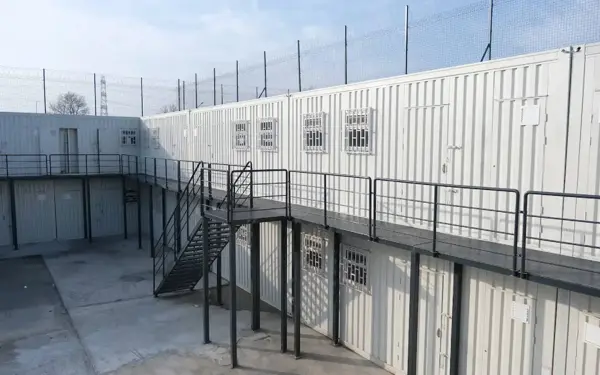Click to read the article in Turkish
The parliament today (October 14) adopted a legislative proposal, which the government says is intended to "fight disinformation."
The opposition and journalism groups, on the other hand, say it is a "censorship law" aimed at silencing the critics of the government ahead of the 2023 elections.
CLICK - Türkiye adopts bill introducing prison sentences for 'spreading disinformation'
The law that will grossly affect journalists and social media users is made up of two parts. The first part contains provisions defining the news portals as periodic publications, regulating issues related to press cards and the personal rights of journalists.
The second part adds a new offense to the Turkish Penal Code called "publicly disseminating information misleading the people." A prison sentence of one to three years is set forth for the disinformation.
Internet news portals are now 'official newspapers'
With the first 28 articles, issues related to internet news portals and press cards have been taken into the scope of the Press Law No. 5187. Internet news portals are now recognized as periodical publications.
The law redefines press cards, media members and information officials to be given press cards, the Directorate of Communications, which will issue press cards, and the commission that will evaluate the applications for press cards.
The Press Card Commission will have 19 members, only two of them being representatives of professional organizations. The Directorate of Communications, which serves under the Presidency, will be able to cancel the press cards. Also, the Press Cards Commission will be able to cancel the press card in case a cardholder violates journalism ethics.
Updates on the content will be indicated
It was also made obligatory that the internet news portals publish their contact information in an easily accessible way. Again, internet news portals will indicate the date content was first published, and the dates of changes to the content, so as not to change each time the content is accessed.
There will not be a penalty to interrupt the publication of internet news portals. The chief public prosecutor's office will be able to request from internet news portals to make up a deficiency or to correct information that is not true within 2 weeks. In case the request is not met within 2 weeks the public prosecutor's office will apply to the penal court of first instance in order to establish that the site does not qualify for an internet news portal. If the application is accepted, the official announcements and advertisements to be granted to the site and the rights of the site related to press cards will be canceled.
News will be saved for 2 years
Contents published in internet news portals will be kept for a period of 2 years, in a way to assure their accuracy and integrity so that they can be submitted to the public prosecutor's office upon request.
'Refuting' will start also for news portals. Refutations will have to be published without any changes made to them. Refuting texts will be published for a period of one week, the first 24 hours of which will be on the main page.
The Press Advertisement Institution will be able to grant official announcements and advertisements to internet news portals.
The disinformation offense
A new crime is added to the Turkish Criminal Code under the title of "publicly spreading information that is misleading people." However, the scope of the provision was left ambiguous.
Creating concern, fear or panic among people was regarded as a crime. Similarly disrupting the country's internal and external security, public order, public health or domestic peace is now a crime. Anyone disseminating false information in this manner will be punished with imprisonment of 1 to 3 years.
If the information is already circulated anonymously or if it is published in the scope of an organizational activity, the penalty will be increased by half. It will be possible to appeal the judgment.
International companies
Representatives of social network providers in Turkey will submit information about those who create and spread internet contents that are subject to crimes defined in the Turkish Criminal Code such as 'sexual abuse of children,' 'publicly spreading information misleading people,' disrupting the unity and territorial integrity of the state,' 'crimes against the constitutional order and operation of this order,' 'crimes against state secrets' and 'spying' upon request from the courts.
Social media platforms will respond to requests for information from the judiciary directly and in a timely manner. There will be penalties imposed on the platforms that do not provide the requested information on time.
Social network providers will share information on those creating content that 'endangers the safety of life and property of people' with the law-enforcement agencies.
Instant messaging applications such as Whatsapp, Signal will establish countries in Turkey. Again Information Technologies and Communication Institution (BTK) will be able to request explanations of all kinds from social network providers such as their institutional structure, software systems, algorithms, data processing mechanisms or commercial issues.
Social network providers will be obliged to notify BTK of the number of their active individual and institutional users, the number and time of voice calls, the number and time of video calls, and the number of instant messages in the periods to be determined.
Administrative fines from 1 million Turkish liras to 30 million Turkish liras will be imposed on those who do not fulfill the obligations set forth in the regulations or on those who provide services without authorization.
The bandwidth of social network providers that do not pay an administrative fine on time or that do not fulfill an obligation notified within six months will be narrowed up to 95 percent. (HA/PE/VK)





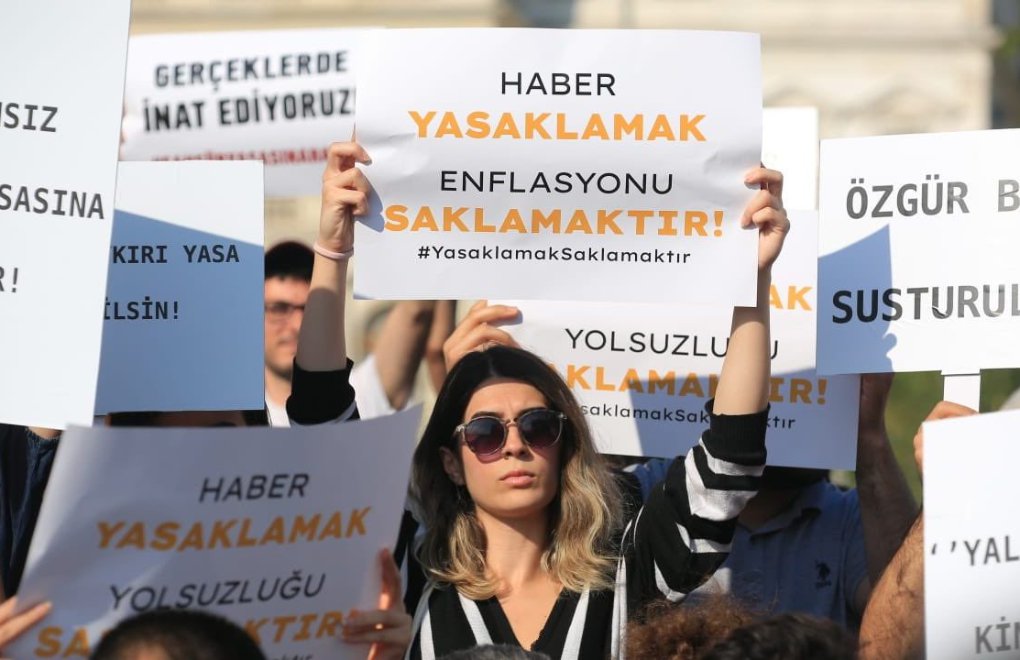
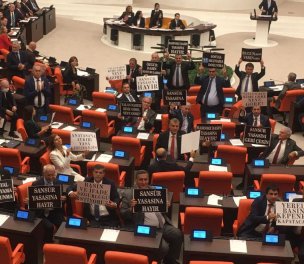
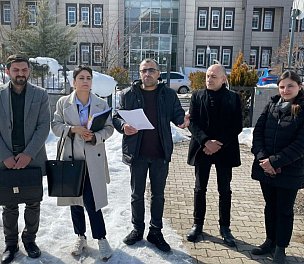

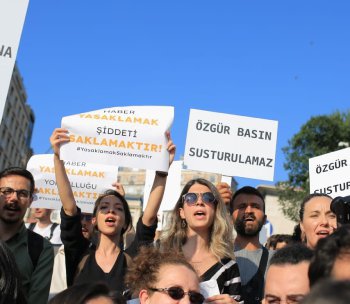
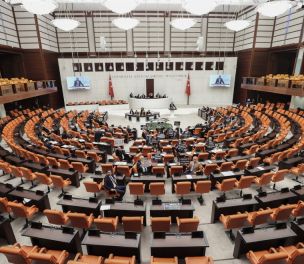
sa.jpg)


